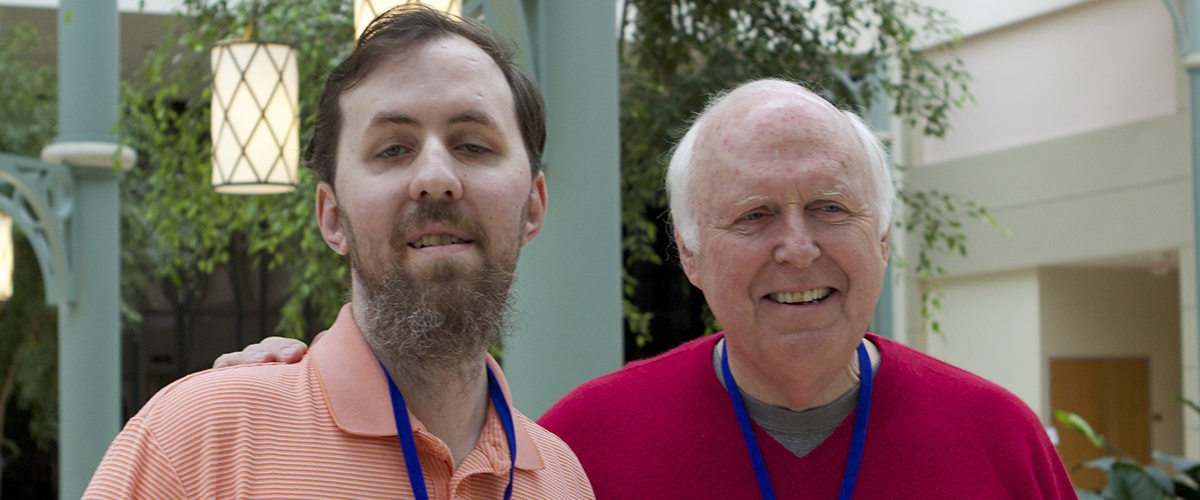What are clinical trials?
Clinical trials are studies conducted using human participants to assess the safety and activity of new therapies in development. Clinical trials produce a lot of interest and excitement. It is important to realize, however, that just because an investigational compound is “tailor made” doesn’t mean that it will be safe or even effective; the purpose of a clinical trial is to find that out. This trial is an important first step, and all of us are interested in having it go well. Even if this medication does not work, we will learn as much as possible to guide the development of newer and better treatments in the future.
What are the different phases of clinical trials?
Clinical trials can be categorized into distinct phases depending upon the stage of clinical development of the drug. Phase I studies are the initial studies conducted in humans designed to primarily evaluate the safety and “pharmacokinetics” (the body’s reaction to a drug) in humans (often healthy humans). Phase II and III studies are larger, longer studies in affected individuals that continue to evaluate the safety of the drug as well as the activity and effectiveness of the drug prior to requesting regulatory agencies for marketing approval. Phase IV studies are studies designed to provide additional information about a drug that has been approved for marketing and is already available to qualified patients.
What is a placebo?
A placebo is an inactive drug administered to some of the patients (the placebo arm or control group) in a trial. This control group is essential as it provides a basis for comparison and for assessing the effects and efficacy of trial drugs. Well-controlled clinical studies, which often include placebo arms or groups, are necessary to establish the risk and benefit profile of the compound, as well as toevaluate the safety and tolerability of trial drugs.
What does "blinded" mean in a clinical trial?
A blinded clinical trial means you, your study doctor, and the study staff will not know if you have been given active drug or placebo. This helps to ensure that bias doesn't distort the conduct of the trial or the interpretation of the results.
Can trial participants discuss their results publicly?
We understand the community is eager to hear about results and the experiences of those participating, but sharing this information publicly can have a significant impact on the study, such as bias the results of a double-blind trial, potentially unblind the trial altogether, or even render the study inconclusive causing the trial to fail whether the treatment was effective or not. We know the community is anxious to get to effective treatments. We all have a role to play in making sure that we are supporting these clinical trial efforts.
For more information on discussing clinical trials publicly, please click here.

